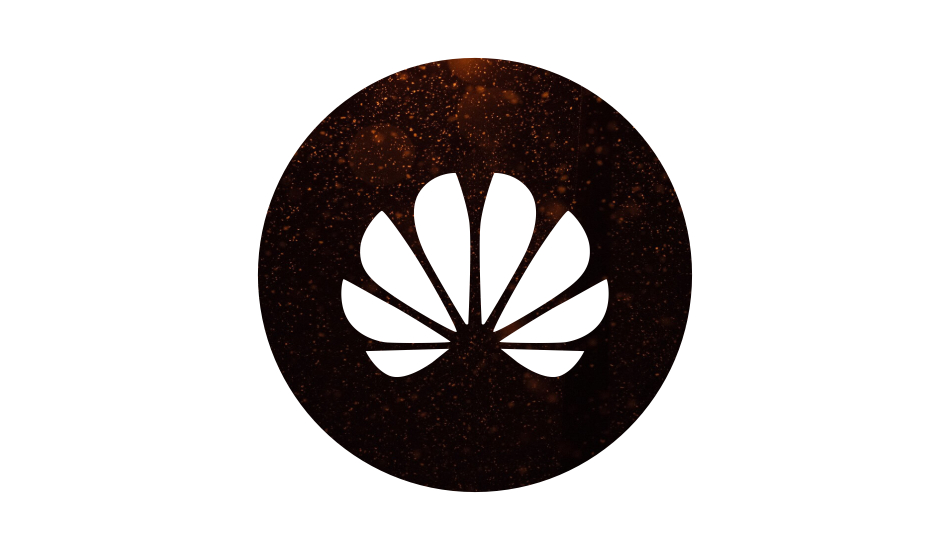The US-China trade war is nowhere close to getting settled and we can say the same thing about Huawei’s position in this situation. Huawei has now reportedly filed a lawsuit against the U.S. Department of Commerce for having its telecommunications equipment seized by US officials.
Bloomberg reports that Huawei had sent equipment to a lab in California back in July 2017 when American officials seized them in Alaska on its way to China, to check whether the transfer needed an export license. It’s reported that Huawei provided the US officials with all the relevant information and the company says there was no export license requirement when the equipment was seized.
According to the lawsuit, Huawei said “Defendants have neither made a licensing determination for the equipment nor even indicated. They have instead simply left the equipment in limbo”.
A case has been filed in the U.S. District Court in Washington, D.C. and besides the U.S. Department of Commerce, it also names the Office of Export Enforcement and Bureau of Industry.
FedEx refuses to deliver a Huawei phone
Another report by PC Magazine suggests that FedEx refused to deliver a Huawei P30 smartphone sent from the UK to the US. The sender had initially mentioned the phone along with its IMEI number which made it clear it was a Huawei phone. However, the phone had already been shipped from London through UK-based company Parcelforce to US’ FedEx office in Indianapolis.
But the shipment was later sent back to the sender with an attached notice that read out the issue as “US government issue with Huawei and China government”.
This was odd considering that fact that the US ban on Huawei only extends to the commercial sale of Huawei phones and technologies. The Huawei P30 Pro unit that was involved in this matter was, in fact, a company owned device sent by one employee to another.
A possible explanation to this is that FedEx is being overly cautious amidst the trade tensions between the US and China since there is no specific law that prohibits the import of an individual Huawei phone. The publication also verified if this was the issue with US’ UPS who were happy to accept the shipment. PC Mag also revealed that it checked with Huawei on the matter after which the Chinese company said that this was just a misinterpretation on FedEx’s part on the US orders.
US government blacklists five more China-based companies
Further on the top of US executive order on Huawei, the US Commerce Department has now blacklisted five more Chinese tech companies including China-based Higon, Sugon, Chengdu Haiguang Integrated Circuit, Chengdu Haiguang Microelectronics Technology and Wuxi Jiangnan Institute of Computing Technology, CNBC reports.
While Higan develops ICs, information systems and software, Sugon and Wuxi are prominent in developing high-performance computers. Chengdu, on the other hand, designs X86 architecture chips and manufacture integrated circuits.
Where does Huawei stand in all this?
Despite the US ban, Huawei is nowdeveloping EMUI 10 based on Android Qwhich is expected to come to the Huawei P30 series, Mate 20 series and some Honor phones firsthand. The company has published a list of Huawei and Honor smartphones that are receiving Android Q update when the upcoming mobile OS will be released. Meanwhile, US companies Intel and Qualcomm arereportedly persuading the US government to ease its ban on Huawei and sales to Huawei since both these Huawei suppliers are also on the verge of losing revenue due to US’ executive order on Huawei.
We’ve come to know that Huawei is alsoworking on a Sailfish-based Aurora OSas well asHongMeng OSas alternatives to Android. The consequence of losing the Android license has also pushed the Chinese company to look for replacements to the Play Store. While Huawei is in talks withPortugal-based Aptoide App Store, it’s alsoapproaching app developers to create apps for its own app store – AppGallery.


